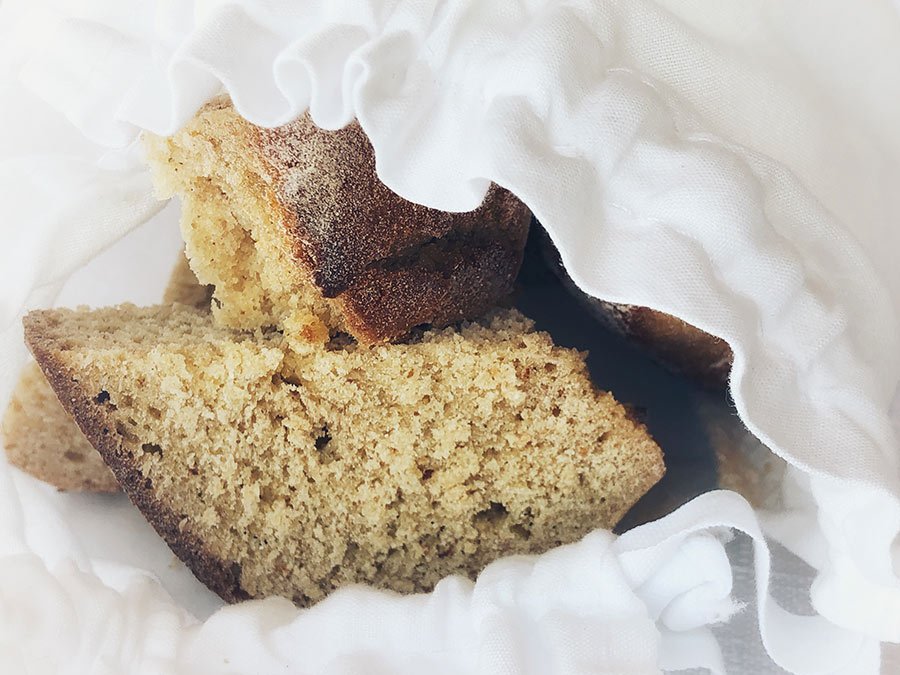This post is inspired by our Sicilian friend who works and lives in Munich (Germany). And we are reposting this article because our friend has recently made “broa” at home that you can see in the above picture.
When that friend came to Porto he liked so much “broa” that he brought some loafs with himself and froze. According to him, the loafs were tasty even after unfreezing.
“Broa” is a corn bread eaten in the northern regions of Portugal. If in a restaurant they give you a basket of bread, there’s a big chance that there will be some pieces of “broa” in it. But this would happen if we speak about a restaurant in Porto or in the north. Don’t expect it to happen in Lisbon or centre/south of Portugal.

“Broa” is made from a mixture of wheat flour and cornmeal. The outer layer is quite hard and has cracks on top – it’s one of this bread’s features. This bread is usually eaten with soups or it can be eaten with olives, olive oil while waiting for dinner. Just for linguistic comparison, the word “bread” in Portuguese is “pão”.
It’s origins come from the old country lifestyle, where people would bring the meal with them to the fields during the working day. It was a bread of the poor, as the rich wouldn’t appreciate eating the hard crust. Most of the villages had a communal wood oven where people would bake their bread once or twice a week. As “broa” is quite a thick bread, it lasts for at least a few days in a basket or tissue bag that lets it breath. Still, it is best to consume it within 48h.
If you’re courageous enough, you can try to make “broa” at home. The recipe in English can be found here. Beware that the “broa” was cooked in those communal ovens at 270º C or more and that all the cracks were sealed close with the leftovers of the dough (or cow manure in some places) in order to prevent the oven from losing heat. So, temperature is key to getting that thick hard crust!
In Portugal, there are even festivals of “broa”. We were in one and, very frankly, for us it seemed like any other traditional Portuguese town fest. There were a few stands of “broa” but not a big variety of it as you would expect.
Have you tried “broa”? Did you like it? Share your thoughts on the comments below!

